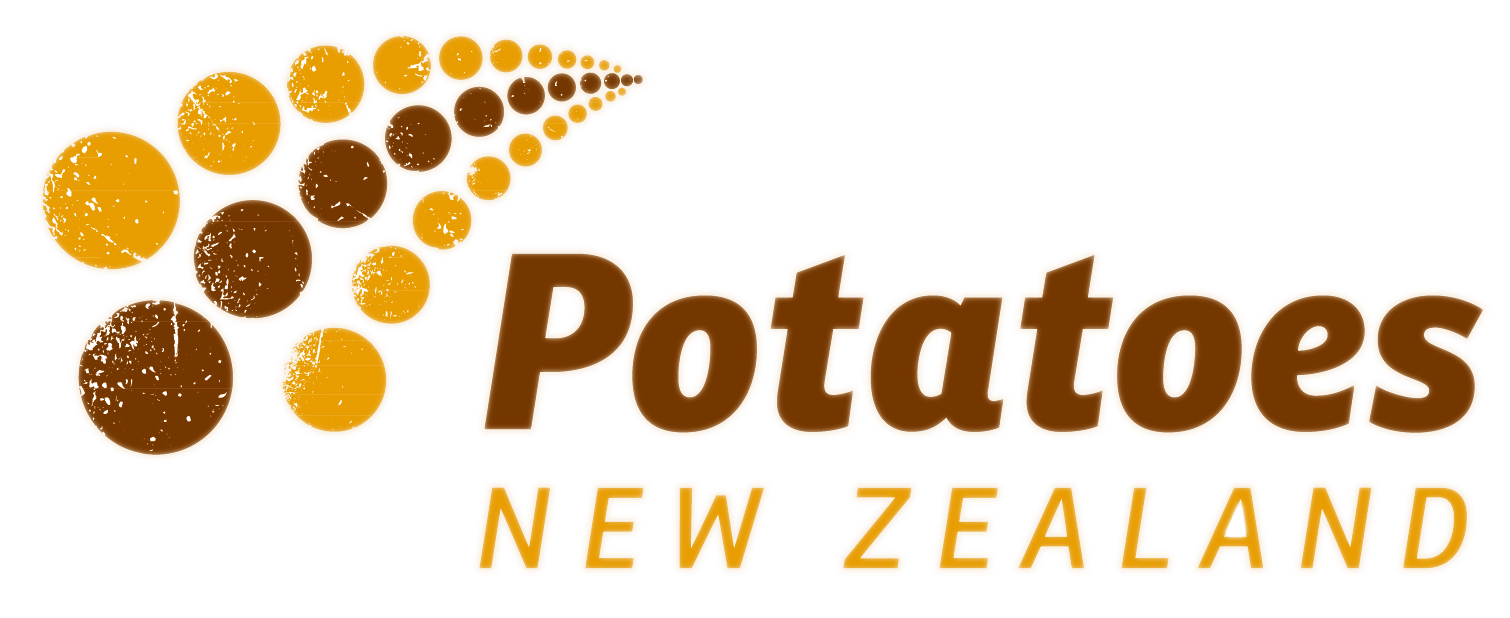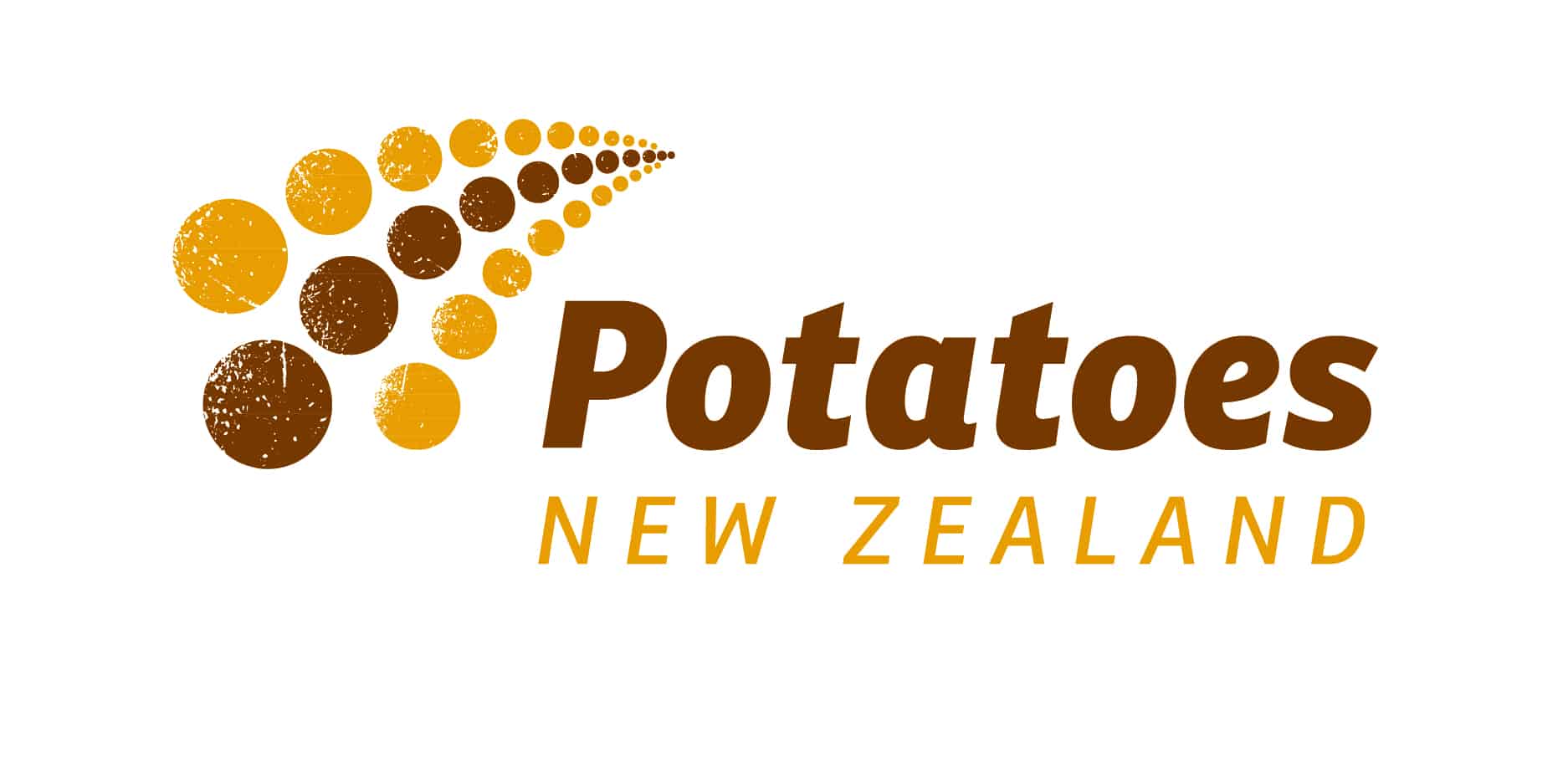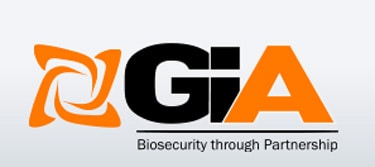View the Sector Risk Organisms (was Potatoes NZ priority pest list).
The GIA is an integrated approach to prepare for and effectively respond to biosecurity risks through partnerships between government and industry.
Biosecurity is acknowledged by most New Zealand primary industries as one of the biggest business risks they face.
Given the importance of the primary sector to New Zealand’s economy, a major biosecurity incursion could have a significant impact across New Zealand. In the 2011 financial year the primary sector accounted for more than 12 per cent of our gross domestic product (GDP) and generated around $31.5 billion or 70 per cent of our merchandise export earnings.
As New Zealand trade and tourism continues to grow and open up, biosecurity risks and the size of the readiness and response tasks are increasing, not decreasing.
Biosecurity risk management is a major logistical and financial investment, but this risk needs to be managed because a pest or disease incursion has the potential to devastate an industry.
It is now widely accepted that industry and government can achieve better outcomes by working in partnership. The expertise, capability, time and resources of our industries can only improve biosecurity planning, decision making and management at all levels.
The GIA Deed:
Operational Agreements:
Financial Arrangements under GIA:
Readiness cost sharing commenced from July 2014, with transitional discounts applying until June 2020. Response cost sharing commences from July 2017, with funding transition applying from July 2017 to June 2023. Minimum commitments are not eligible for cost sharing.



